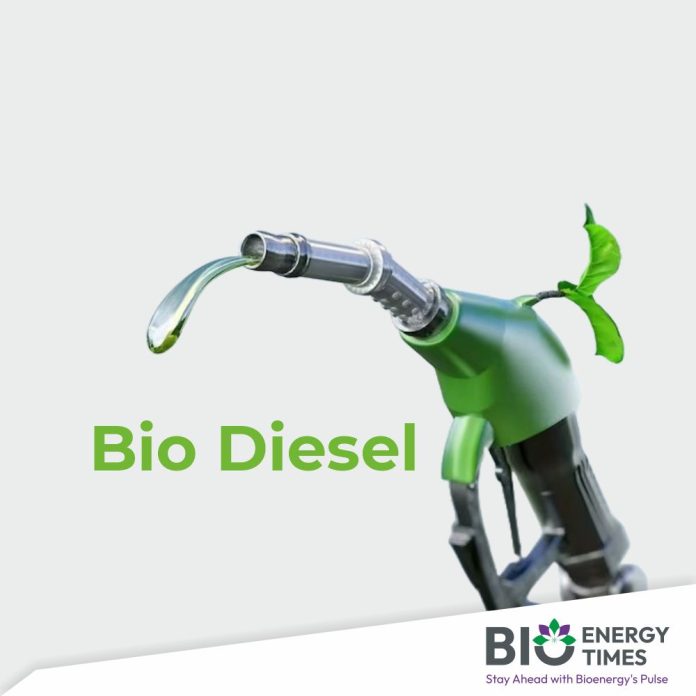According to the experts, Vietnam has abundant raw materials for biofuel production, offering significant potential to transform the transportation sector and foster sustainable growth.
At a seminar on the role of ethanol in sustainable mobility on Wednesday, officials and business leaders from Brazil and Vietnam discussed how enhanced dialogue and cooperation can accelerate the energy transition, particularly in bioenergy and agroindustry.
Mauro Vieira, Brazil’s foreign minister on an official visit to Vietnam, emphasized the importance of cooperation between Brazil and Vietnam, highlighting the potential for a more sustainable future for both countries and the wider ASEAN region. “This initiative demonstrates Brazil’s commitment to working with Vietnam and ASEAN to shape a more prosperous, sustainable future,” Vieira said.
Evandro Gussi, president of the Brazilian Sugarcane and Bioenergy Industry Association (UNICA), noted that more than three billion people in the Global South, including those in Vietnam, could benefit from biofuels. Gussi explained that common sugar-based feedstocks such as corn, sugarcane, and cassava can be converted into ethanol through fermentation, offering a viable biofuel solution for transportation.
In Brazil, ethanol use has helped prevent the emission of approximately 660 million tonnes of CO2 over the past 20 years, thanks to flex-fuel technology in automobiles. This technology allows vehicles to run on any combination of petrol and ethanol. Currently, all gasoline sold in Brazil is blended with 27% ethanol.
“Based on Brazil’s experience, we can contribute to advancing the ethanol agenda in Vietnam and share solutions for developing the agro-industry to support biofuel production,” said Flávio Castellari, executive director of the Brazilian Ethanol Cluster (APLA). He acknowledged the challenges faced by Asian countries, including infrastructure, cost, product availability, and regulatory barriers, that hinder increased ethanol blending in gasoline.
While Vietnam’s law permits the distribution of various ethanol blends, only two products are available at local petrol stations: unblended petrol and E5 petrol, which contains 5% ethanol.
Biofuels are a critical component of Vietnam’s strategy to reduce greenhouse gas emissions in line with the Paris Agreement (COP21). The country aims to reduce CO2 emissions by 15.8% to 43.5% by 2030. According to Vietnam’s National Energy Development Master Plan for 2021-30, biofuel production is expected to reach 0.28 million tonnes of oil equivalent (TOE) by 2030, with projections to increase to 13 million TOE by 2050.
Chu Hoang Ha, managing director of the Vietnam Academy of Science and Technology (VAST), emphasized the challenge of achieving these targets, stating, “This requires innovative solutions and collaborative efforts in policy and advanced technology.” He also highlighted the need to strengthen the biofuel supply chain, a key concern for businesses and researchers in the sector.
To read more about Biodiesel Industry News continue reading Bioenergytimes.com














